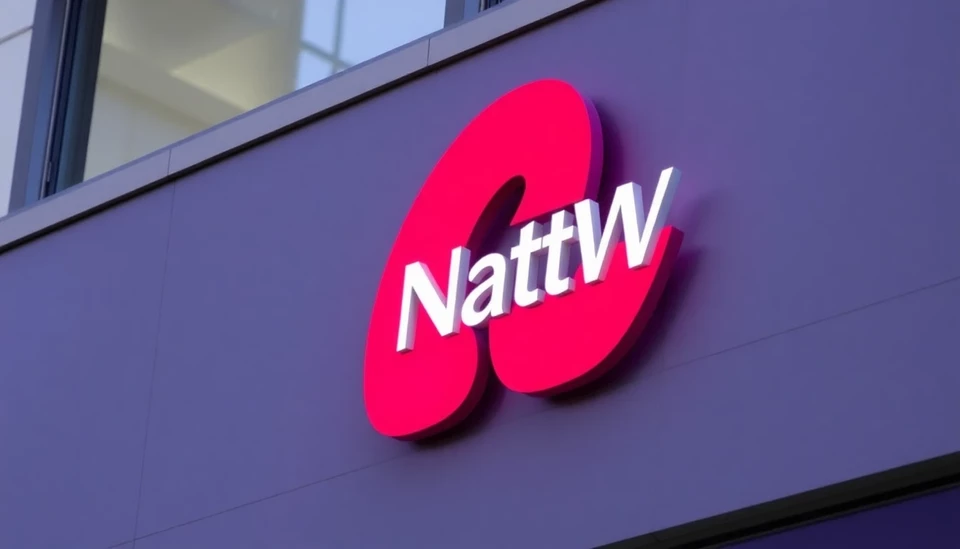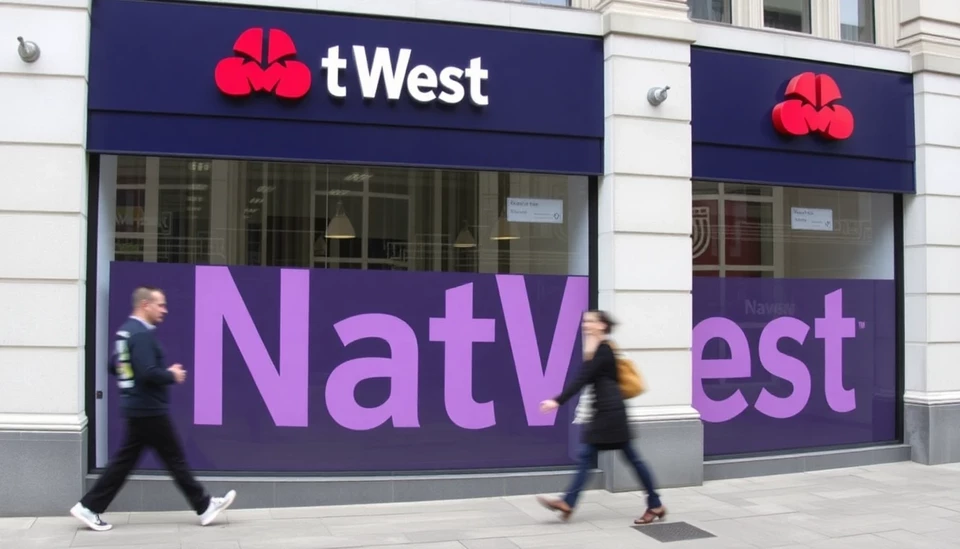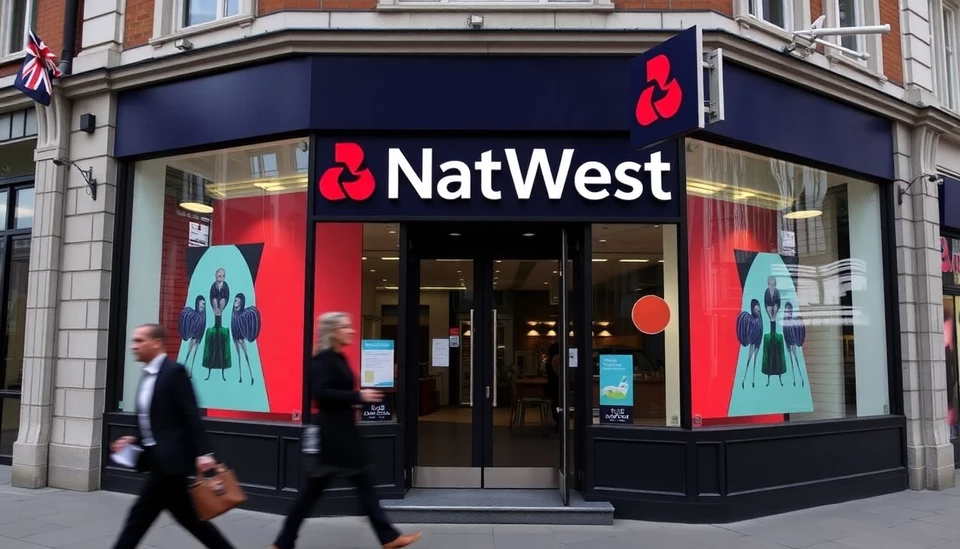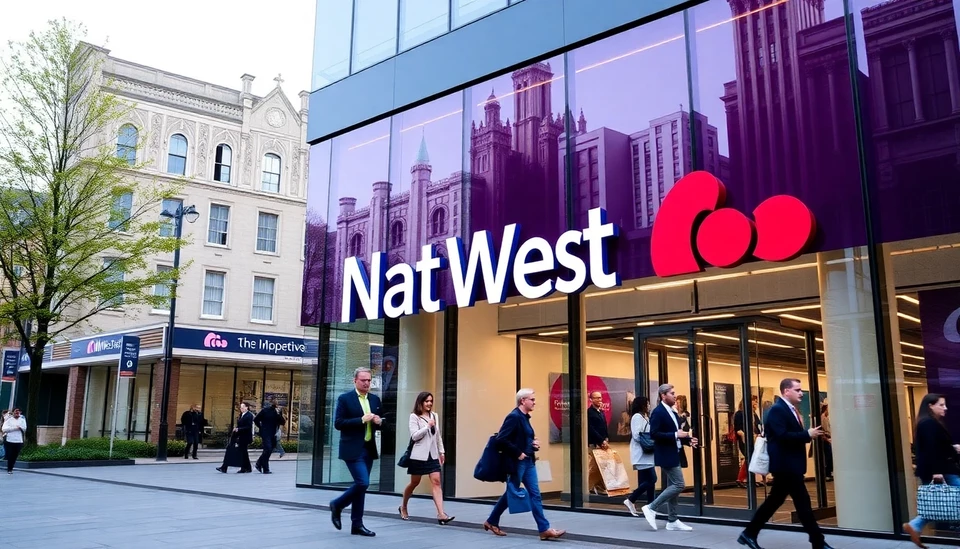
In a significant development, NatWest, the prominent British banking institution, has reached an agreement to settle its contentious dispute with former Brexit Party leader Nigel Farage. This incident, which has seen ripples across the political and financial landscapes, notably contributed to the ousting of the bank's CEO, Alison Rose, from her position.
The saga began in 2023 when Farage accused NatWest of closing his personal accounts without substantial justification, claiming financial discrimination based on his political views. The matter escalated into a public confrontation that caught the attention of government officials and stirred debates about banking practices and political freedom. Farage's vocal stance against the closure raised questions about the role banks play in the lives of politically active individuals, particularly those with controversial viewpoints.
As the public outcry intensified, the situation attracted attention from multiple fronts, leading to a parliamentary inquiry into the broader implications of banks shutting accounts based on customer beliefs. This inquiry illuminated fears around the possible weaponization of financial systems and the implications for freedom of speech in the UK. Following the backlash, NatWest's CEO Alison Rose faced mounting pressure to respond to the allegations of bias and discrimination against their former customer.
In light of the swirl of controversy and growing calls for accountability, Rose made the decision to step down as CEO, marking a significant shift in leadership at the bank. Her resignation highlighted the serious ramifications that unaddressed issues can have on corporate governance, particularly in a climate charged with political sentiment and public scrutiny.
NatWest's recent settlement with Farage is seen as a means to put an end to a damaging chapter and restore its image. The terms of the settlement, however, have not been disclosed, leaving questions about whether any compensation or other outcomes were part of the agreement. The bank now seeks to refocus its efforts on customer trust and corporate reputation management, aiming to reassure the public that they remain committed to serving a diverse clientele without bias.
This agreement not only brings closure to the controversial episode involving Farage and NatWest but also underlines the critical balance financial institutions must maintain between operational practices and the political implications of their decisions. As the dust settles, both NatWest and Farage will move forward, although the implications of this confrontation are likely to echo in discussions about banking freedoms and political activism for years to come.
The unfolding narrative surrounding this dispute emphasizes the increasingly intertwined relationships between finance, politics, and the judiciary in the modern commonwealth. As individuals and institutions grapple with the implications of their choices, this case serves as a poignant reminder of the potential consequences of corporate decisions in the realm of personal freedoms.
As we reflect on the events leading up to this settlement, it becomes apparent that the reverberations from this incident will likely influence future discussions regarding customer rights and corporate accountability, setting a precedent for how personal beliefs might intersect with financial services.
In conclusion, while NatWest seeks to regain trust after the fallout of this controversy, Nigel Farage stands as a testament to the enduring debate over financial freedom and the significance of choosing where one's banking relationship lies.
#NatWest #NigelFarage #Banking #CorporateGovernance #FinancialFreedom #PoliticalActivism #AlisonRose #Settlement #BreachOfTrust
Author: John Harris




